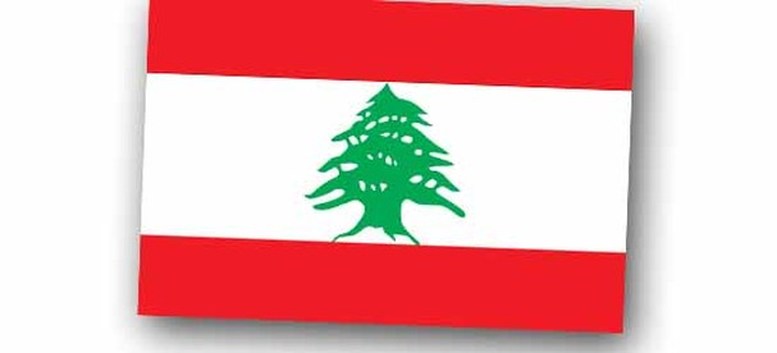- About Lebanon
About Lebanon
The beauty of Lebanon - its name originating from Lubnan meaning ‘white’ - is mainly found in its great variety. This small country, only 10.452 km2 in size, has an interesting diversity in history, culture, religion, landscape, climate and altitude.
Lebanon’s rich history and culture date back to 3000 BC, when the Phoenicians occupied Lebanese soil. Following these traders, the country has subsequently been inhabited by Persians, Greeks, Romans, Byzantines, Arabs, Crusaders, Ottomans and more recently, the French. They all left their traces, from religious building to huge castles and citadels. After the first century, religion in Lebanon shifted from polytheism to Christianity and in 636, Islam was introduced by the Arabs.
Due to its alternation of lowland and highland, with the highest peak of 3088 meters (Qornet es-Sawda), the landscape, climate, soils and vegetation differ markedly within short distances. As one of the most heavily wooded countries in the world, Lebanon is famous for its cedar tree (Cedrus Libani), also the symbol of the country. Lebanon’s beautiful nature and natural reserves harbors a wide variety of animal and plant species and make Lebanon ideal for outdoor activities. With its Mediterranean climate, day temperatures in summer (June - September) range between 20 to 25 degrees Celsius in the mountains and 25 to 35 degrees Celsius in Beirut. In winter (December - February), the mountains have significant snowfall, while the temperature in Beirut during this period varies between 10 and 18 degrees Celsius. Swimming and sunbathing at the beach is pleasant from May till October, while skiers and snowboarders can enjoy the mountain snow from December till early April.
Other highlights of Lebanon include the outstanding fresh local cuisine, the booming nightlife and the many excellent wines the country produces.
Like every country, Lebanon has its less attractive sides. Roads are poorly maintained and traffic, specifically in and around Beirut, is chaotic. Electricity supplies are cut off daily and pollution due to minimal recycling, waste dumping, cars and industry is relatively high. Politics in Lebanon and the surrounding countries has caused damage and instability to the country, with the current situation in Syria being another threat.
Lebanon is full of contradictions: freedom and imprisonment, poverty and affluence, prosperity and stagnation, defeat and hope. It is fascinating to experience the spirit and strength of the Lebanese, managing to maintain their positivity, generosity and warmth despite frequent upheavals. Without a doubt, the people of Lebanon will add to your experience and make your stay more memorable.

